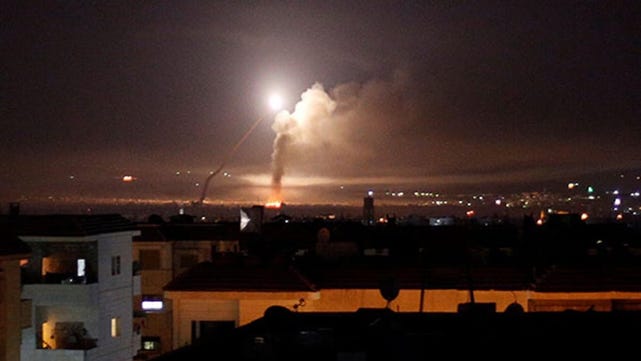Wrong for a long time, yes. That being said, Scott Ritter believed that -this- time, they were right:
Israel attacked Iran, using disarmament of Iran’s nuclear program as an excuse. But this attack isn’t about enrichment. It’s about regime change. And there can only be one winner.

scottritter.substack.com
Here's what he said to justify this belief:
**
Iran is its own worst enemy
For the past few months, Iran has been posturing itself as a nuclear threshold state. While Iran has every right, as a signatory to the nuclear nonproliferation treaty (NPT), to possess the ability to enrich uranium as part of a peaceful nuclear program monitored by the International Atomic Energy Agency (IAEA), it does not have any legal right to pursue a nuclear weapons capability so long as it remains a signatory to the NPT. Iran’s accumulation of uranium enriched to 60%, for which there was no legitimate purpose linked to Iran’s declared nuclear activities, was a deliberate act by Iran to position itself to be within one enrichment cycle of possessing uranium enriched to around 92%, which would be usable in a fission weapon.
Iranian IR-6 centrifuges
Iran likewise has been installing advanced IR-6 centrifuge cascades, which are orders of magnitude more efficient when it comes to the enrichment of uranium, at its underground enrichment facility at Firdos. These cascades would be able to convert Iran’s 60% enriched uranium to weapons grade uranium within a matter of days, providing Iran with fissile material sufficient for 3-5 nuclear weapons.
Iranian military industry has, over the course of the past decade, mastered all the technologies necessary to produce a warhead possessing advanced electronics and other heat-sensitive properties that can withstand the heat of hypersonic re-entry. These warhead design characteristics are an essential part of any viable nuclear weapons delivery capability—simply producing a fission device is not enough; one must be able to deliver it to the intended target.
The one thing which held Iran back was the official decision taken by the Iranian leadership that nuclear weapons were forbidden under existing Islamic jurisprudence, namely a fatwa, or edict, issued by Iran’s Supreme Leader, Ayatollah Khamenei, which deemed nuclear weapons incompatible with the principles of the Islamic Republic of Iran.
But Iran has made this principled stance meaningless in recent months as statements from senior Iraqi officials, advisors, and politicians have made it clear that this fatwa prohibiting nuclear weapons could be reversed if the Islamic Republic were to be faced with an existential threat from a nuclear-armed Israel.
In short, Iran has positioned itself to be a nuclear weapons threshold state.
And this would never be allowed to stand, a reality Israel’s ongoing strikes have emphatically punctuated.
**

